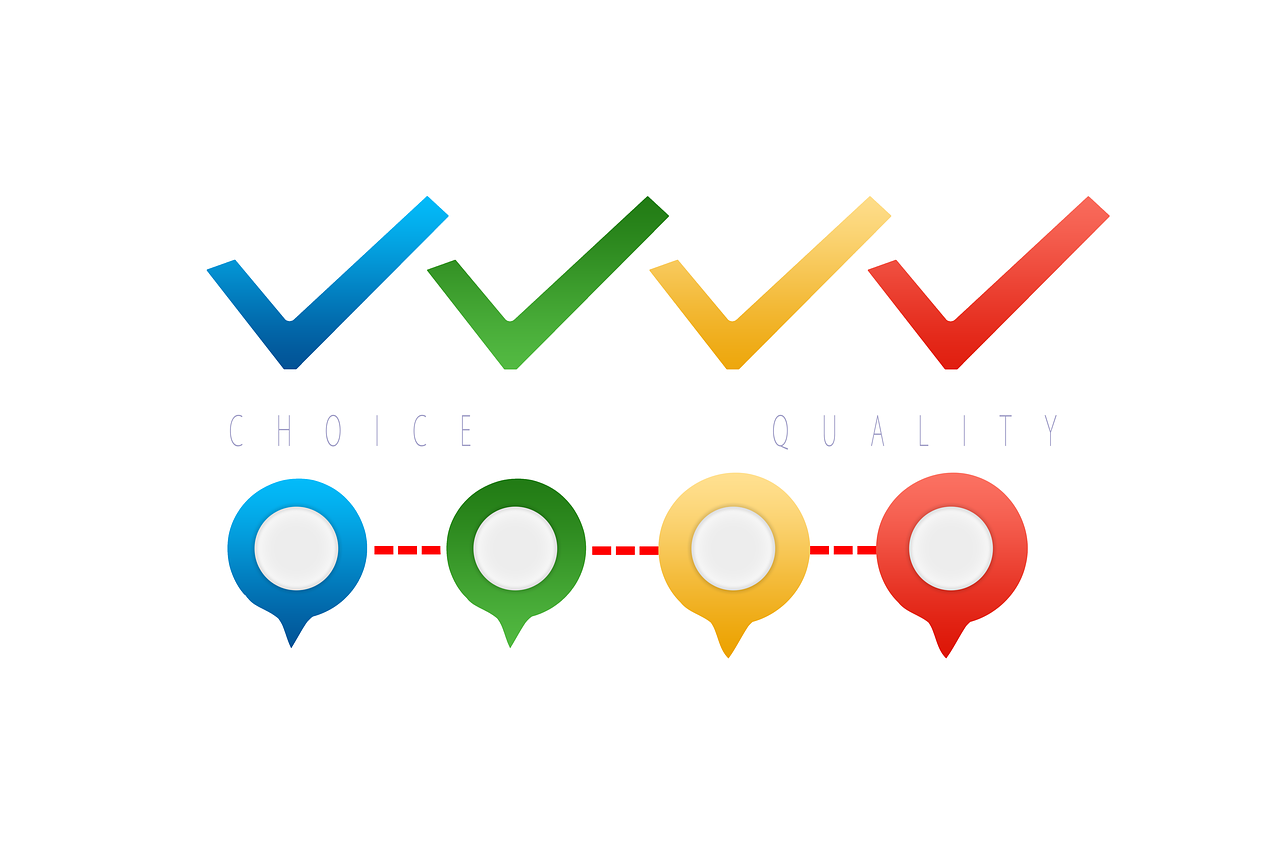Good Housekeeping Tools for your Business!

Good Housekeeping Tools – Just like a good hotel cleaning, so is keeping a good fire
prevention program in place. This is an essential plan for safety.
The regular removal of trash from shop areas is very important.
This is because, in areas that engage in welding or body works,
a lot of debris is accumulated. This accumulation of debris can create
for hazardous conditions. The need for this regular trash removal is a necessity.
For example, oily rags should be stored in metal containers. These containers should
have a metal frame with self-closing lids to reduce the possibility of combustion.
As you can see, this type of housekeeping can keep more than
your bed clean, it can increase the safety level of a working environment.
Good Housekeeping Tools –
(General Liability Exposure Recommendations)
Now, that we have discussed the recommendations a business or commercial operation
should have in place when it comes to fire safety, let’s look at the actual
general liability exposure risks. A different list of exposure recommendations will follow.
They help direct you into reducing any future exposure risks through coverage.
Contract Review for Your Business Operation
Let’s say that you have a legal binding contract. It has already been signed and
processed years ago. A good recommendation is to have it reviewed.
You should have it revived routinely by legal counsel, however.
This will help to ensure that you are not assuming any unintended liability exposure.
This is because such contracts can include what is called a “hold harmless agreements,
lease arrangements, contracts of carriage, and purchase orders”. This is beneficial with
so many risks. You know that under this agreement, risk exposure is curtailed.
So, as you can see, there are many different types of reviews that must be
examined when it comes to your business contracts.
Business Operations -Hiring and Firing Procedures
Everything has procedures, including the hiring and firing of employees.
Many companies have a separate department that handles just this
relationship with their employees, and it is called the “human resource department”.
Most local and national level companies have this department.
It is an intricate step in the process of maintaining a health internal workforce.
This is the department where they will walk you down the process of getting
established with the proper work codes and proper working conditions.
Working conditions are a huge part of this process.
Many other outside agencies have their eyes on this area of a business.
So, for companies to reduce the probability of risk exposure, such as:
- employee related suits,
- involvement of wrongful discharge,
- discrimination,
- or harassment,
A detailed personal record keeping should be implanted.
This will keep equilibrium between departments and future security.
In addition to these tactics, a consistent hiring and
firing practices should be instituted and maintained.
Work Area Access Restrictions – Good Housekeeping Tools
Access restriction to vital points is always a good safety protocol, on any level
and within any department. Customer access to certain areas of your business
or operations is huge. Such areas that should not be accessible by customers
is vehicle reprint, warehousing or any other work areas.
A Call for Designation
These work areas should be designated for employees only.
This will reduce any future exposure in liability terms. This plan of caution can help minimize
personal injury lawsuits and theft. And, if you have a California business,
then you understand how rampant legal suits are, and that you should take
measures for protection. One way in doing this is, to label or designate certain working areas.
This is because if you have designated areas, you can monitor
and control the flow of foot movement in that space.
Illustration of Working Conditions
In those areas, where customers are allowed, extra care should always be taken.
This will help keep floors free oils and grease. This will help to reduce the possibility
of slip and fall injury to customers, and minimize risk exposure
from a legal stance or business profile.
Shipping and Receiving Area Safety
If you’re in the transportation business, then unloading and loading areas are
a big area of conversation when it comes to safety. This means there are
areas of traffic that have a lot of activity or movement on. This increased
traffic number, or high activity rate, is also an increase in risk exposure.
So, considering safety concerns, certain steps should be taken to ensure
that all pathways are secured and safe. All sidewalks, including customer
parking areas and outside terminal shipping and receiving areas should be checked out.
Safety in the Routine
This safety precaution should not be just checked out once, but done so routinely.
This is done for adequate lighting and the existence of any hazardous cracks, potholes or debris.
These inspections help determine any future hazards, or areas of safety concern.
This practice is especially helpful during the winter months.
This is when regular maintenance should be performed.
This act will help to make sure these areas are free of ice and snow,
which can be devastating if left unattended.
Chemical Discharge
Chemical Discharge, a discussion that we must talk about
when discussing safety precautions. This is because governmental
laws exist to minimize the effect of the chemical discharge, and secure safety conditions.
If laws were created for this protection, then you can understand the importance
of this timely topic discussion. So, under current environmental laws, or EPA law,
the intentional discharge of chemicals into sewers or streams is prohibited.
It is also subject to sever penalties if found responsible for the chemical discharge.
All waste material should be disposed of through systems that always follow local,
state and federal regulations and law. This is an obvious statement,
but one that needs to be pointed out. This is because many operations continue to discharge
hazards chemicals, major oil companies for example.
Concluding Thoughs: Security Company Usage
If you are using a security company to help facilitate your operations,
make sure that you find out if they are maintaining adequate limits of liability of insurance.
This is especially true if they are using guns or dogs in the process of their security methods.
You want to make sure there are no gaps in coverage on any level or on any end.
If you hire a security company, make sure to have a checklist that will help you
determine if that company will best suit your security and liability needs.
Consider this like a job interview. You know what type of security you need for
your business, and you are just looking for someone to fill it. Interview as
many people as possible. Select the individual and company
that will best suit your immediate, and long-term goals.



